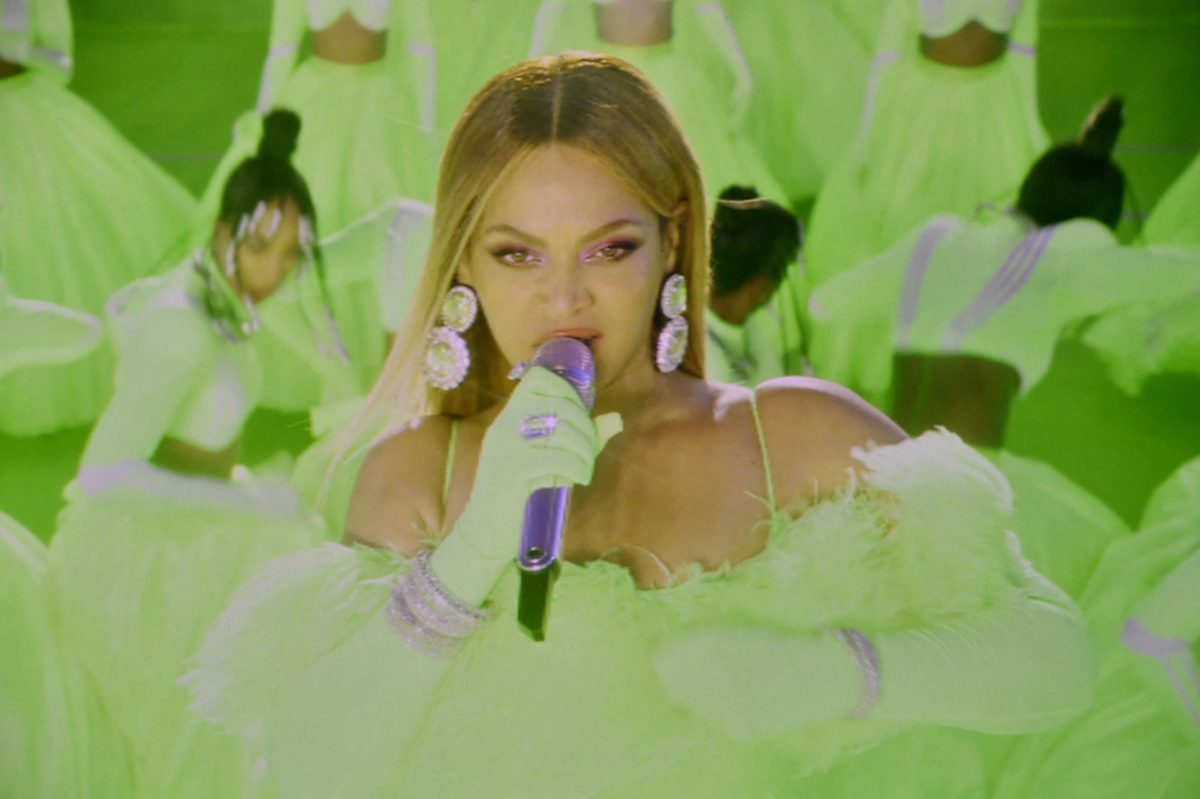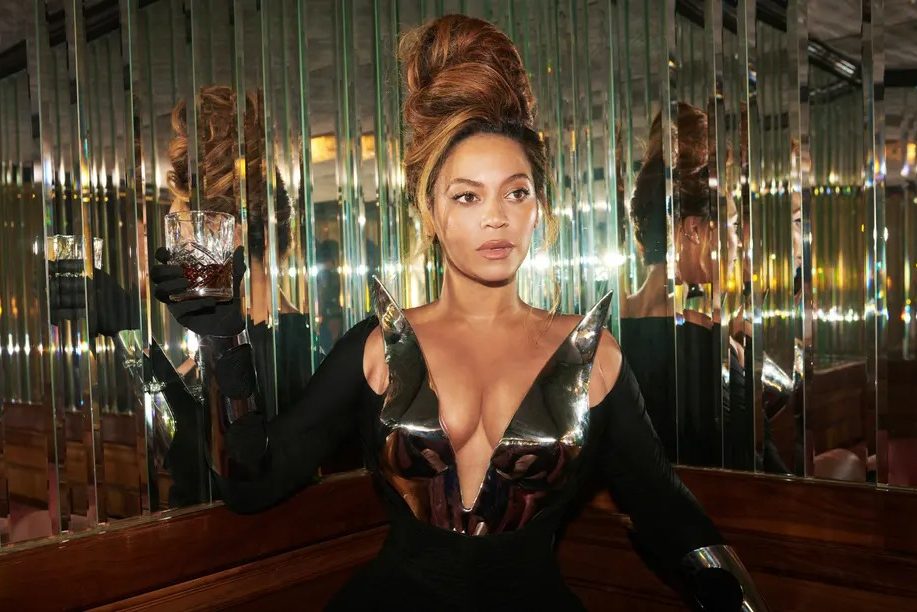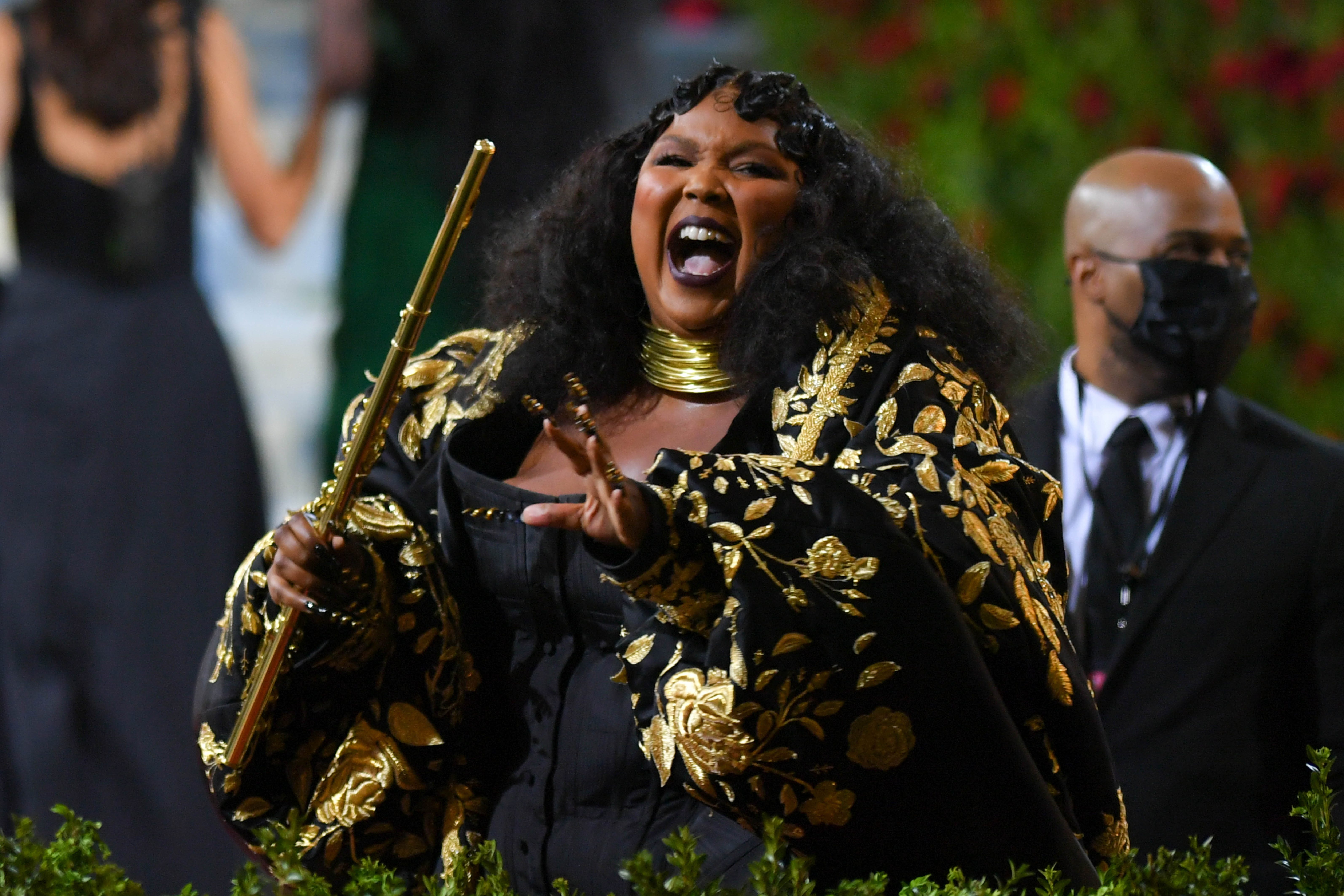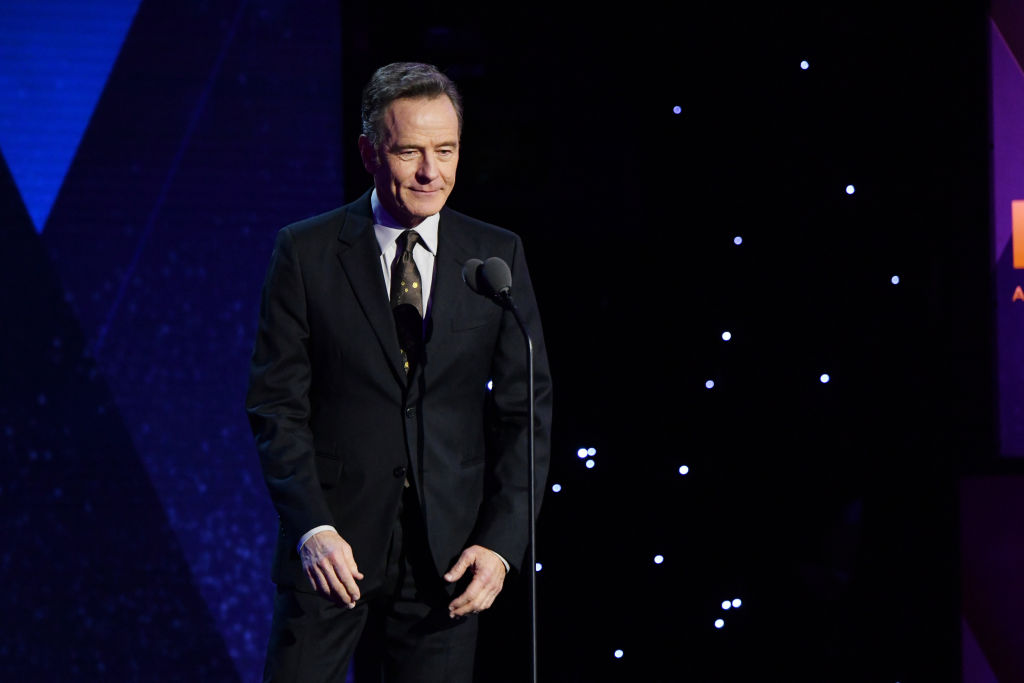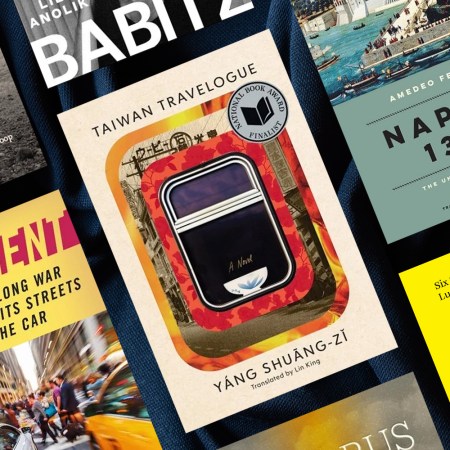Back in June, Lizzo apologized and changed the lyrics of her song “GRRRLS” to remove the word “spaz” after disability advocates on social media pointed out that the term is an ableist slur. It was a rare instance of a celebrity listening to criticism and acting accordingly instead of getting defensive, and it served as a teaching moment for many people who were perhaps unaware that the word is offensive. Those people, apparently, do not include Beyoncé.
The “Drunk in Love” singer finds herself in hot water over “Heated,” a track on her new album Renaissance that uses the same slur Lizzo faced backlash over with “GRRRLS.” Fans on social media immediately pointed out the controversial lyric, and writer Hannah Diviney, who has cerebral palsy and called out Lizzo on Twitter for using the derogatory word last month, responded with an op-ed in The Guardian.
“Beyoncé’s commitment to storytelling musically and visually is unparalleled, as is her power to have the world paying attention to the narratives, struggles and nuanced lived experience of being a Black woman — a world I can only ever understand as an ally, and have no desire to overshadow,” she wrote. “But that doesn’t excuse her use of ableist language — language that gets used and ignored all too often. Language you can be sure I will never ignore, no matter who it comes from or what the circumstances are. It doesn’t excuse the fact that the teams of people involved in making this album somehow missed all the noise the disabled community made only six weeks ago when Lizzo did the same thing.”
On Monday morning, Beyoncé’s team responded, confirming to Variety that the offensive lyric will be removed from Renaissance and issuing a disappointingly brief statement about the change.
“The word, not used intentionally in a harmful way, will be replaced,” the statement reads.
Regardless of intent, does she have any excuse for not being aware of the word’s harmful origins less than a month after Lizzo so publicly learned the same lesson?
“I thought we’d changed the music industry and started a global conversation about why ableist language — intentional or not — has no place in music,” Diviney wrote. “But I guess I was wrong, because now Beyoncé has gone and done exactly the same thing.”
Here’s hoping she’s the last musician to make that mistake.
Thanks for reading InsideHook. Sign up for our daily newsletter and be in the know.
